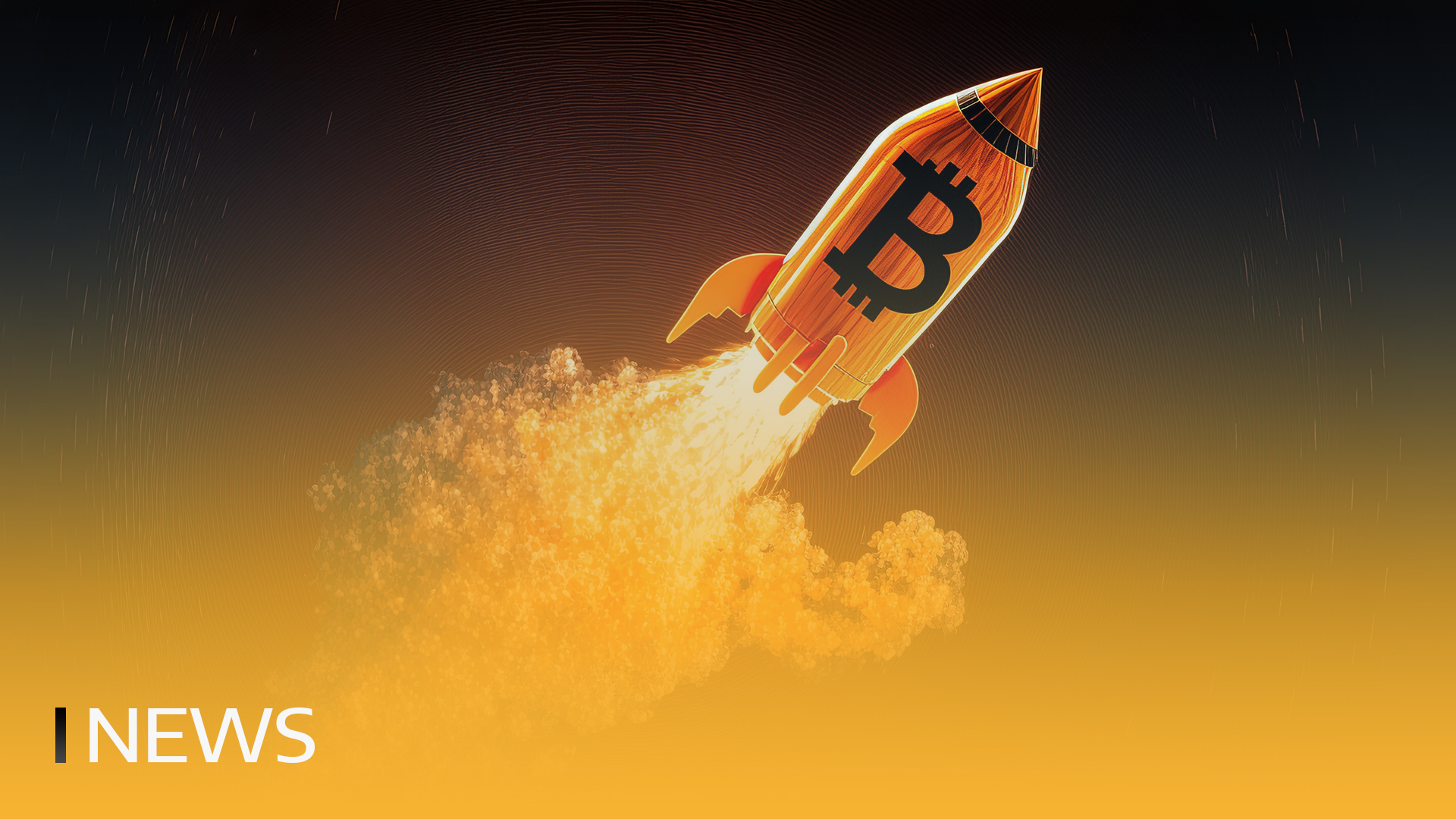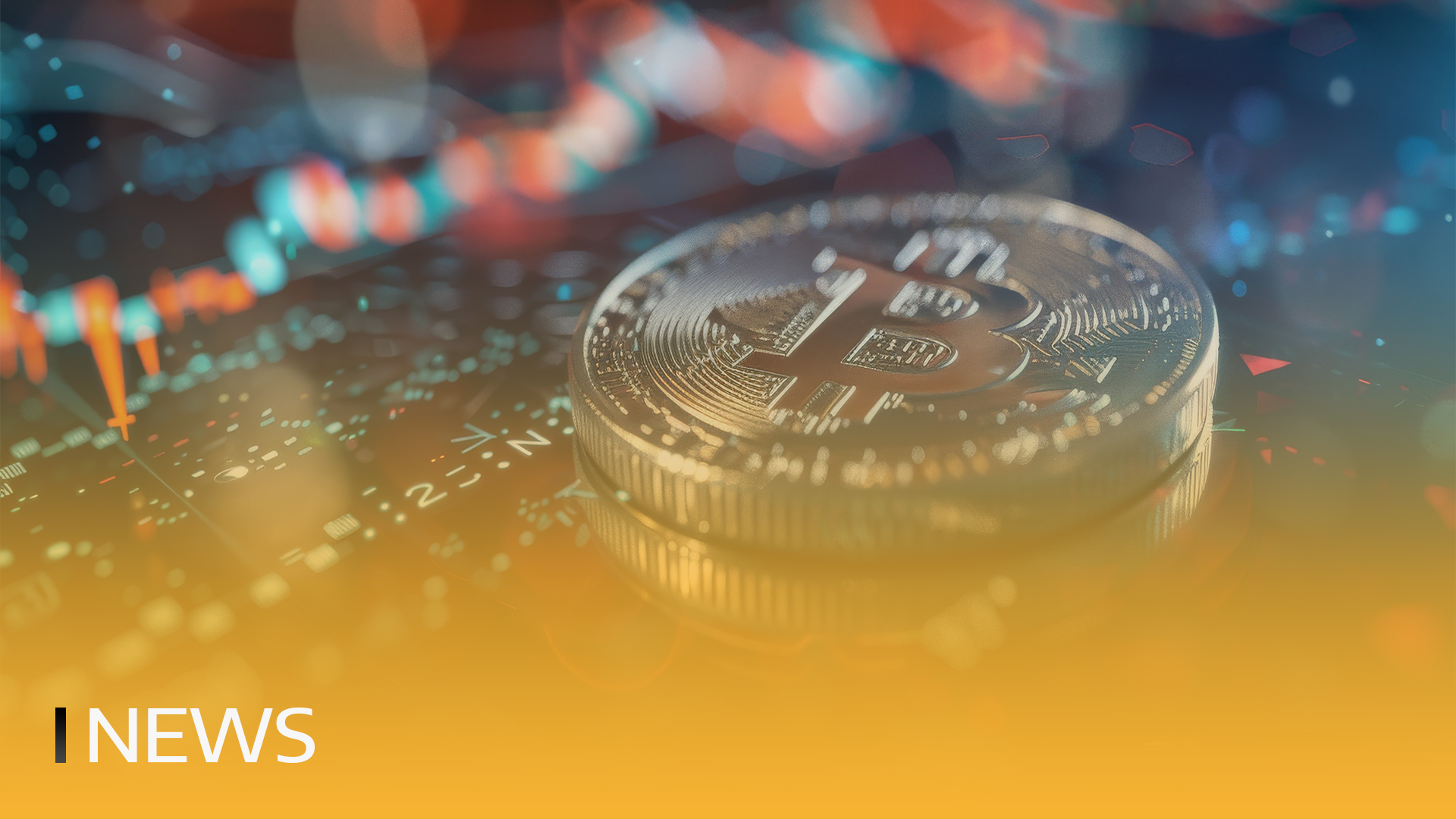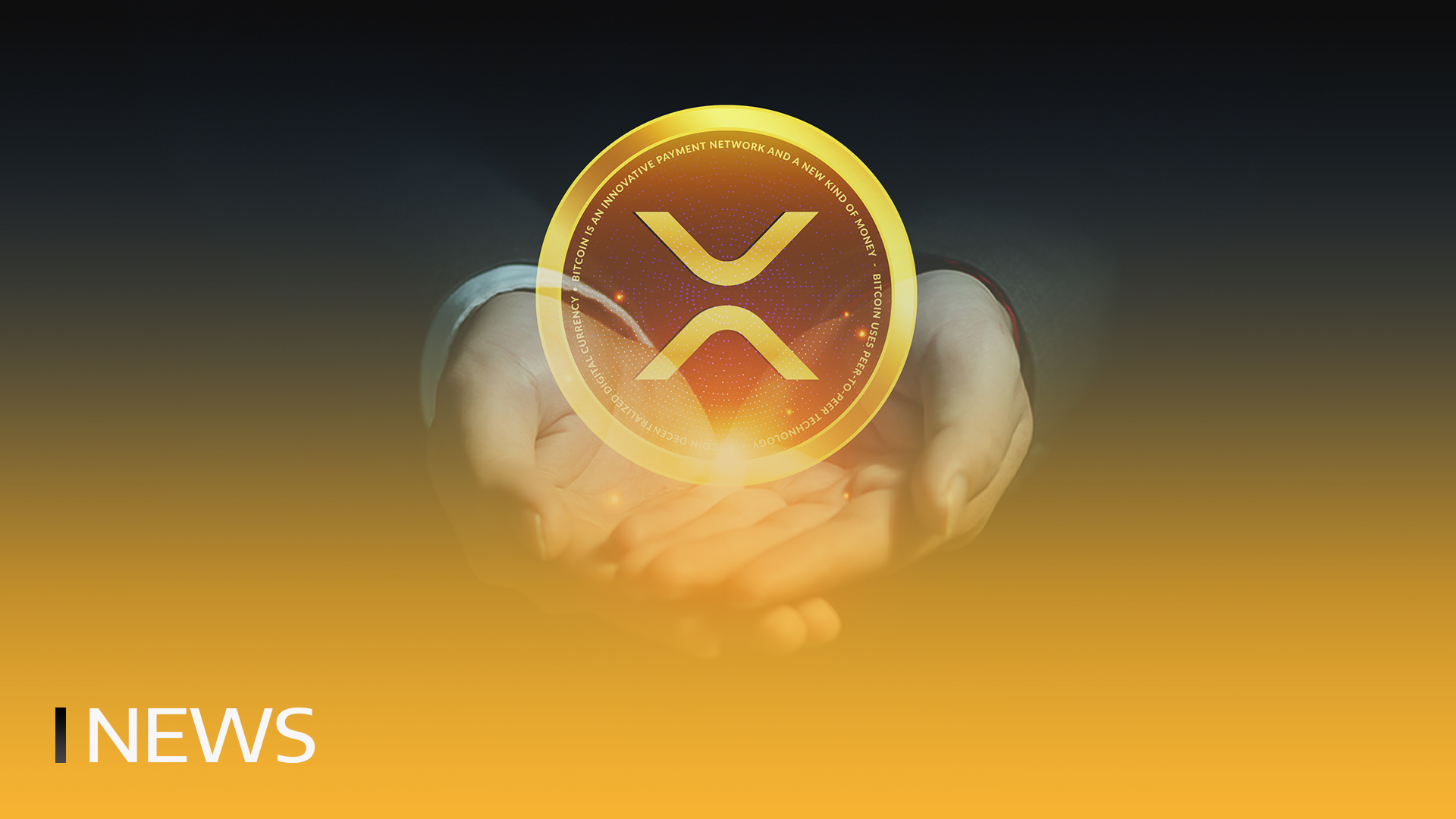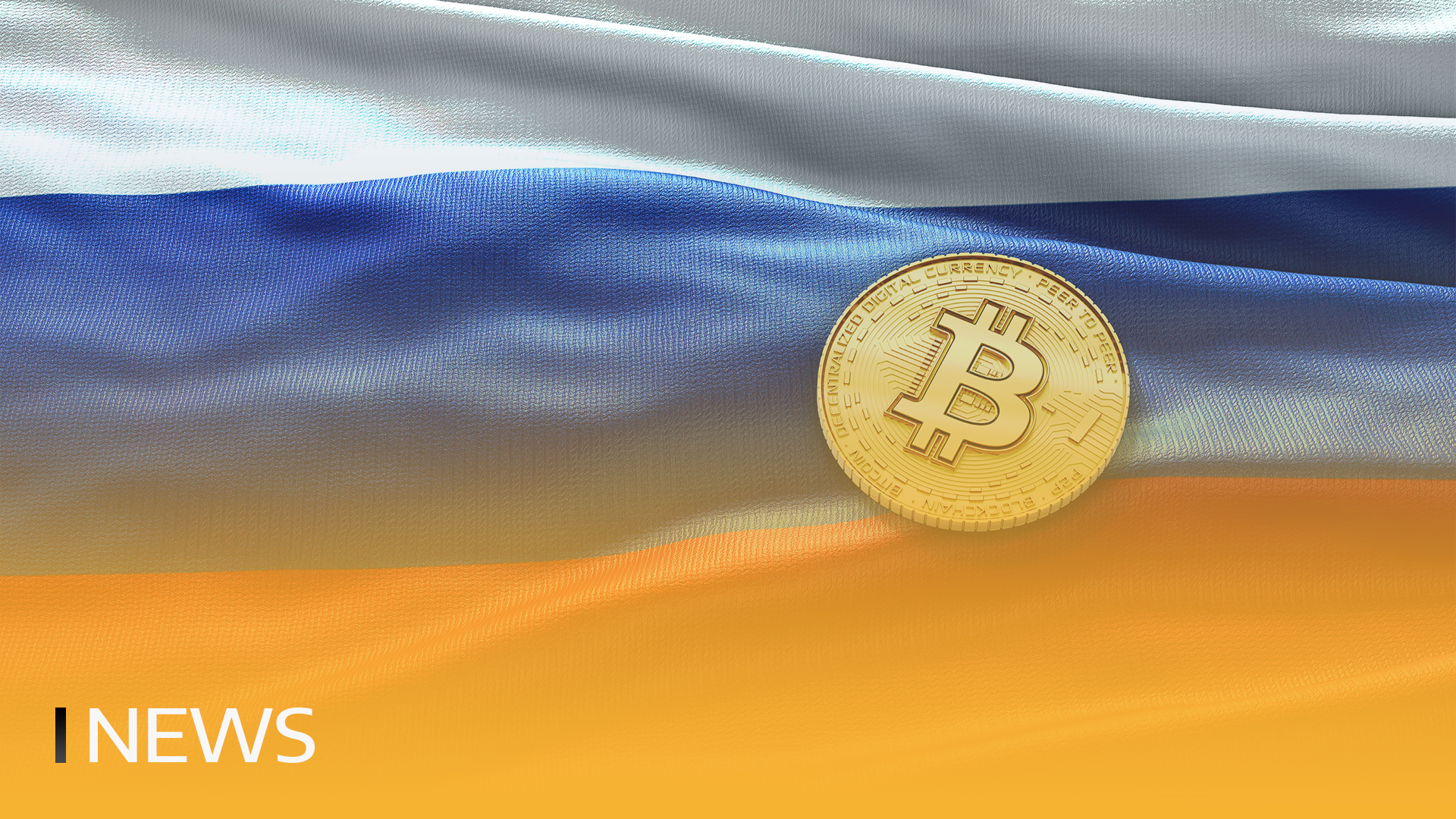Dencun Upgrade Goes Live on Ethereum Network
15 Mar, 2024 ● Kripto novosti
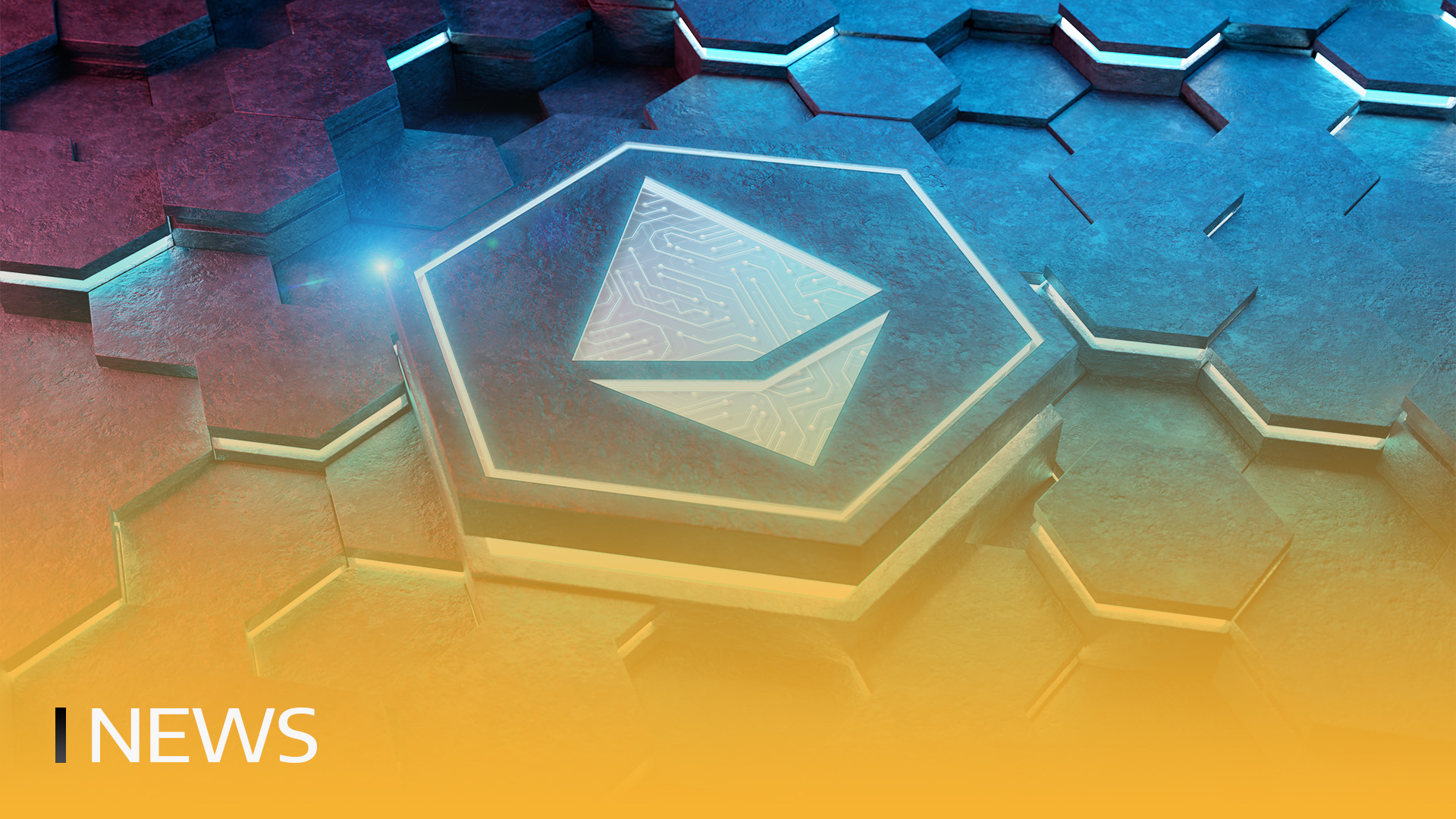
The Ethereum mainnet successfully implemented the Dencun upgrade at 1:55 pm UTC on March 13.
Dencun represents the most awaited hard fork following the Merge, with expectations to significantly diminish transaction fees for layer-2 networks while improving Ethereum’s scalability.
However, Arthur Breitman, co-founder of the Tezos blockchain, noted that while Dencun is a positive development, it does not address all issues with layer-2 solutions. He stated to Cointelegraph:
“The Dencun upgrade does the bare minimum to extend the data usable by rollups on Ethereum, which should lower transaction costs in these L2 solutions. This is a step in the right direction, but ultimately, rollups built on top of Ethereum remain very throughput constrained and are forced to adopt extreme centralization measures.”
The release of Dencun follows the Shanghai upgrade in April 2023, marking the first opportunity for network participants to withdraw their Ether post-Merge to a proof-of-stake network.
Incorporating nine Ethereum Improvement Proposals (EIPs), Dencun merges the improvements of the Cancun upgrade on the execution layer with the Deneb upgrade on the consensus layer.
Cancun aims to refine transaction management and processing on the execution layer, whereas Deneb enhances consensus mechanisms, defining how network participants validate blockchain states.
James Wo, CEO and founder of Digital Finance Group, highlighted the introduction of data blobs through EIP-4844, or proto-danksharding, as a key feature for reducing layer-2 transaction fees by boosting data availability, thereby advancing Ethereum's role as a scalable settlement layer. He remarked to Cointelegraph:
“[Proto-danksharding] aims to reduce layer-2 transaction fees by enhancing data availability, a crucial move toward establishing Ethereum as a scalable settlement layer.”
Yet, according to Max Wadington, a research analyst at Fidelity Investments, in a March 6 report, these fee reductions won't immediately benefit Ethereum mainnet users, who will need to compromise on decentralization and security for reduced fees on layer-2s. He noted:
“In the short term, users who wish to benefit from this fee change must sacrifice some decentralization and security by transacting on L2s instead of Ethereum. This will certainly spur more users to bridge assets elsewhere. However, we strongly believe that transacting on Ethereum for application-specific purposes will still be considered the best option (especially for high-value transactions) in the medium term as L2 platforms continue to mature.”
Despite the updates, gas fees on the Ethereum mainnet continue to be substantial, surpassing 72 gwei.
An average transaction swap costs approximately $86.15 in gas fees, while sales of nonfungible tokens average around $145.60 in gas, as per Etherscan data.
Sources:
https://cointelegraph.com/news/dencun-upgrade-live-ethereum-mainnet
https://blog.ethereum.org/2024/01/10/goerli-dencun-announcement
https://www.fidelitydigitalassets.com/research-and-insights/deneb-cancun-upgrade
